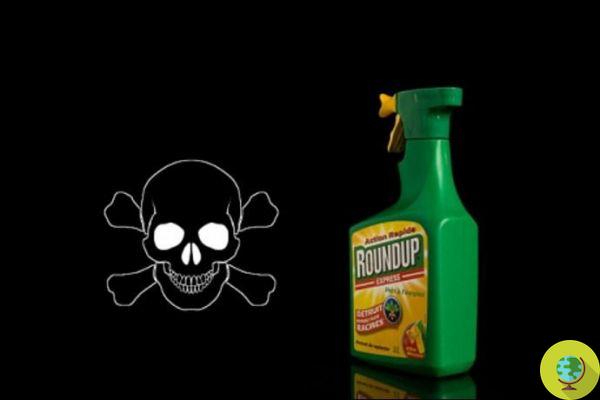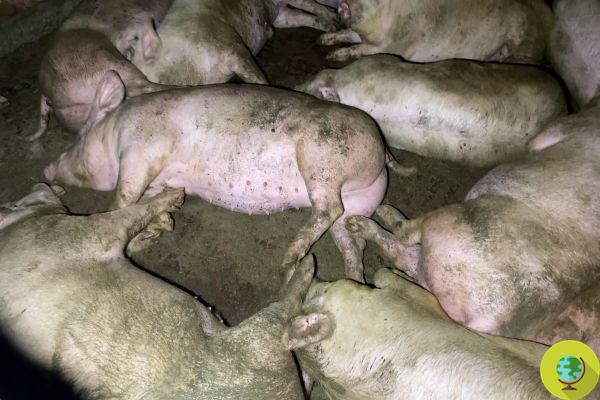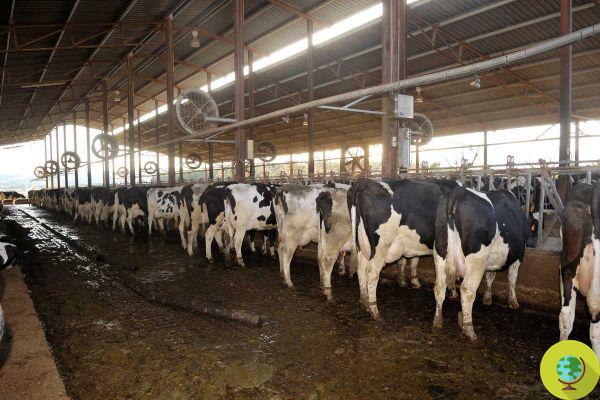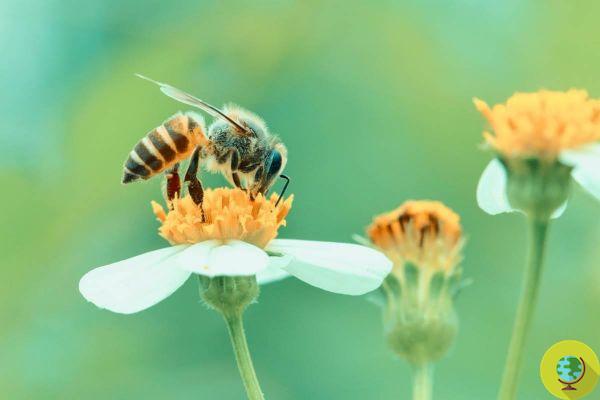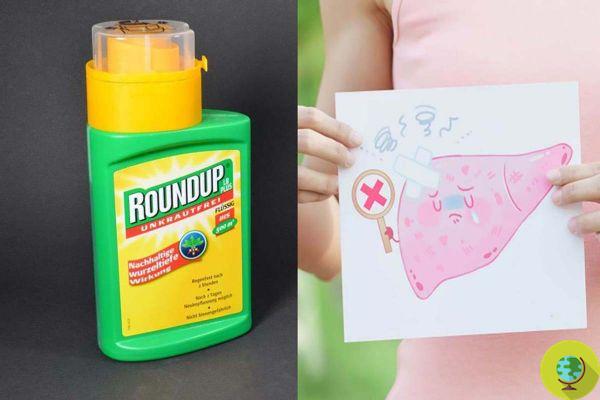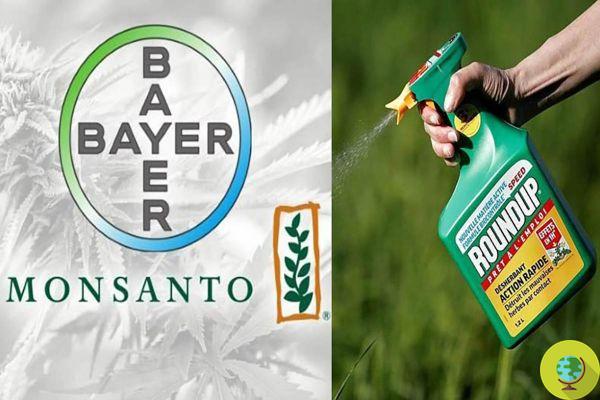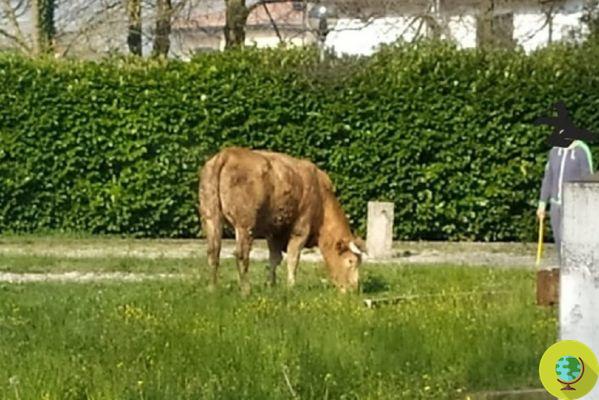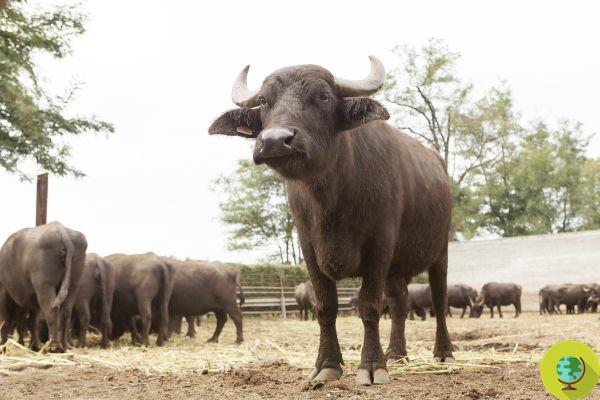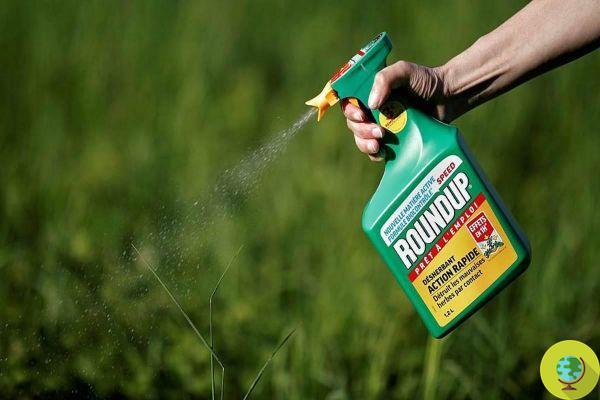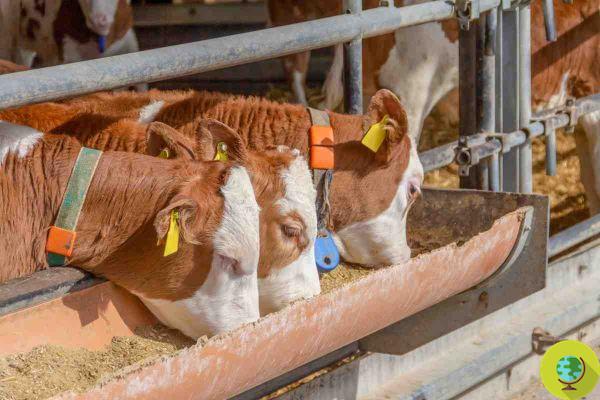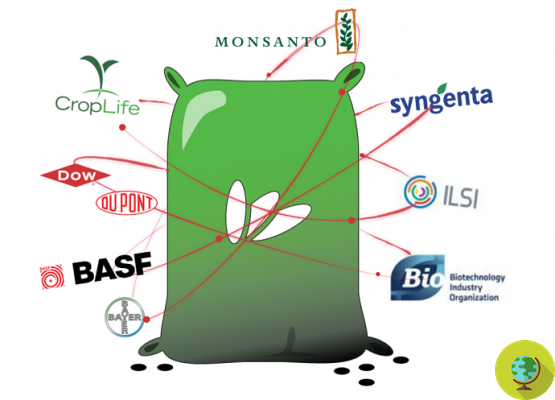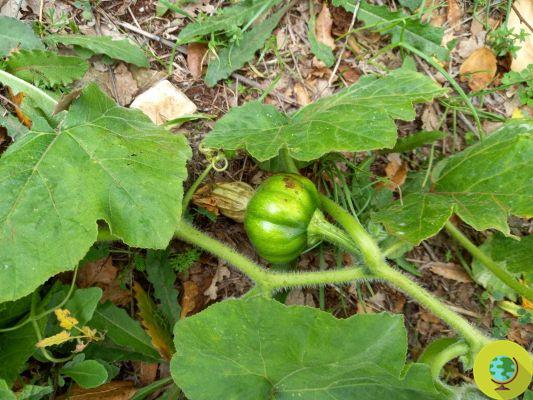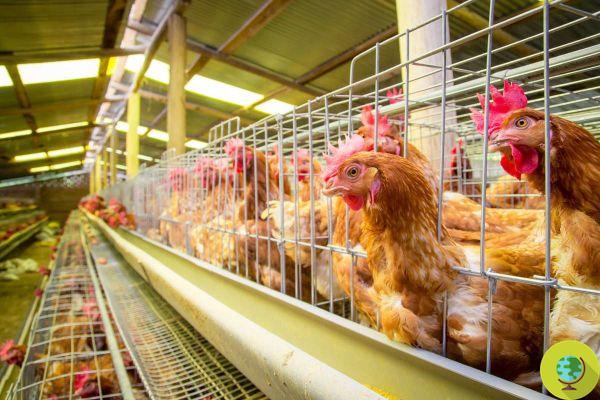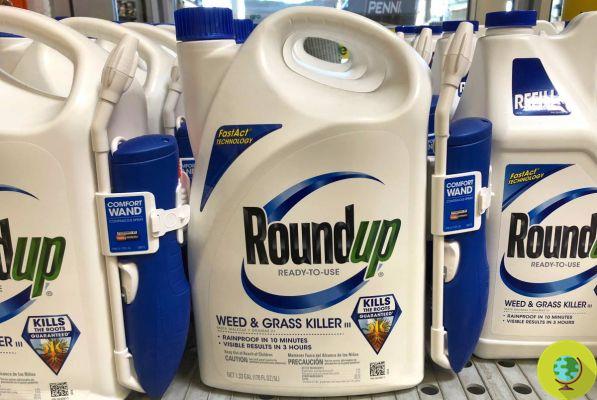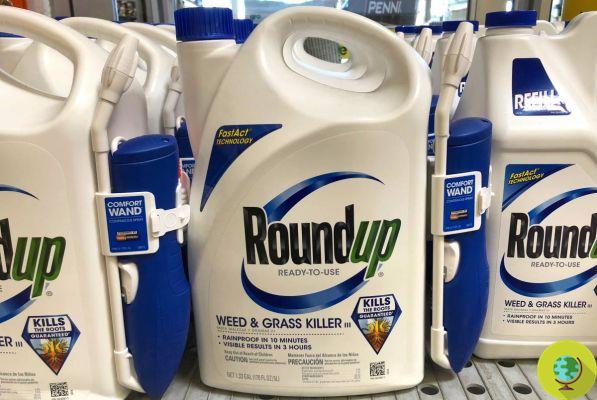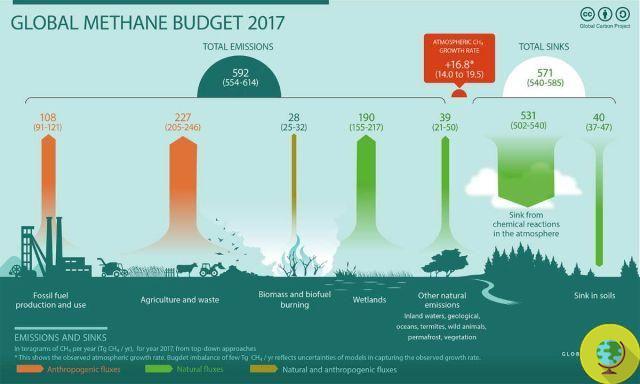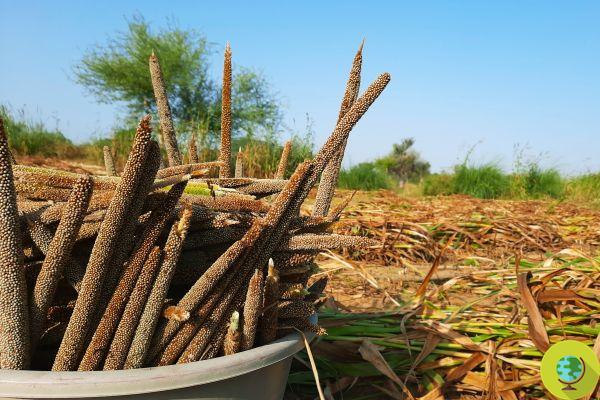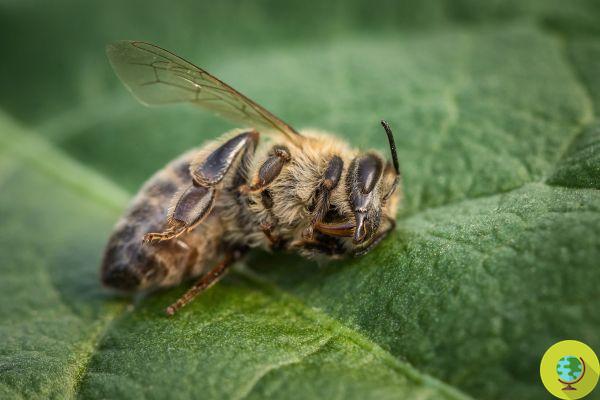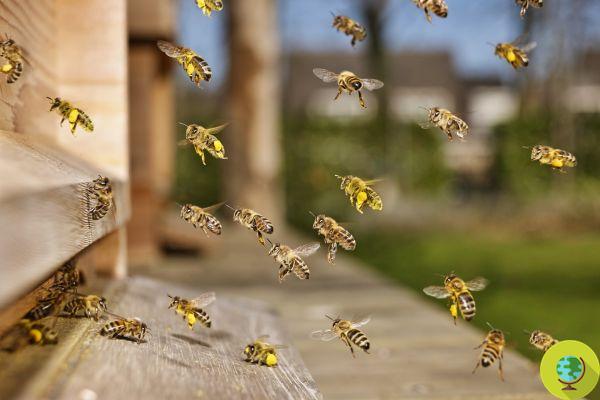
In addition to the climate crisis and human activities, bees are also threatened by a dangerous mite that could be defeated thanks to a GMO bacterium
He is about to end up run over, his mother saves himIn addition to the climate crisis and human activities, bees are also threatened by the dangerous varroa mite that could be defeated thanks to a GMO bacterium
Le honey bees they are threatened by the climate crisis, pesticides and human activities but also by a dangerous one mite responsible for numerous pathologies in these pollinating insects.
The Varroa destructor, in fact, is a bee parasite which, in addition to weakening insects, acts as a vector for numerous pathogens, including deadly viruses.
A recent study found out how an engineered bacterium could save the depopulation of the hives caused by this dangerous mite.
Researchers at the University of Texas started with a microorganism that normally lives in the intestines of bees, Snodgrassella alvi, helping them defend themselves against various pathogens.
The scientists they changed the genetic makeup of the bacterium, after which they inoculated it into a group of young bees, which showed an initial increase in survival in insects of nearly 40%.
The study continued with a further modification of the bacterium's genetic code, to make it capable of triggering an immune response that defeated the mite.
Once introduced to bees, the modified Snodgrassella alvi managed to unleash a immune response which has increased the deaths of the fearsome mites to 70%.
This is the first study in which the researchers have succeeded in improve the health of bees by genetically acting on their microbiome. The procedure is believed to be safe, as the DNA of bacteria can be modified relatively easily without infecting other living organisms.
Although the results are encouraging for the time being, more research will be needed to understand if this solution will prove effective counteract the depopulation of hives.
While we wait to know if a GMO will save bees from the dangerous mite, perhaps we could start protecting the habitats of these insects, safeguarding biodiversity and limiting the consumption of pesticides.
Sources of reference: Science
Read also:
- 50 billion bees woke up early. It's too hot and no, that's not good news
- Not just hives, solitary bees are also extremely sociable (but we're losing them)
- Bees pollinate more flowers in cities than in the countryside, but that's not good news - here's why




